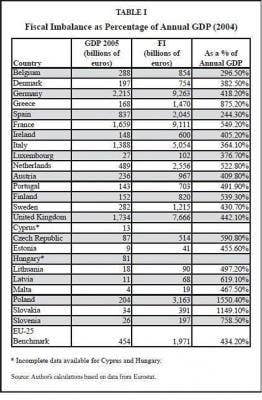Wen Jiabao, the Chinese Premier, closed the National People’s Congress session today with grim warnings that the global economy risked plunging into double-dip recession and that China itself faced a “complicated” year.
Mr Wen’s note of alarm for the global economy was based on the still high state of unemployment in many of the markets that buy Chinese exports. Sovereign debt problems and exchange rate instability, he said, created the risk that the world economy could tumble back into a second recessionary downturn.
His speech included an aggressive defence of Beijing’s currency policy – the emergency decision made at the height of the financial crisis to re-peg the yuan and stop the steady appreciation against the dollar which began in 2005.
That position has been heavily criticised in Washington and blamed by some for suppressing recovery in other major economies. In a blunt rebuttal of those charges, Mr Wen said that “finger-pointing” pressure from other nations was to be opposed, could equate to protectionism and that China was fundamentally a “supporter of free trade”.
Related Links
“I don’t think the yuan is undervalued,” said Mr Wen, who then took aim at Washington.
America, he said, should take concrete steps to reassure investors about the security of dollar assets. China is a massive holder of US treasuries, with a hoard of at least $894 billion (£588 billion) at the end of December.
The comments on the yuan will stoke an increasingly heated debate within financial markets over when Beijing will loosen the currency’s peg to the US dollar.
Mark Williams, chief China economist at Capital Economics, is among a number of observers who predict that moment will come in the middle of this year. Economists at Bank of America-Merrill Lynch suggested that today’s speech was a sign that China would resist revaluation for the next few months.
Mr Wen’s bearish remarks on the global economy come amid a rising sense of unease in some quarters over the state of China itself. It is the key driver of global commodity prices, poised to overtake Japan as the world’s second largest later this year but rife, some suggest, with potential sources of domestic trouble.
Although Chinese economic growth has returned to pre-crisis levels, questions have been raised over the sustainability of the recovery when government stimulus measures are withdrawn.
Notes of alarm have also been sounded over incipient property and other asset bubbles that have developed in some cities.
Mr Wen said that the combination of inflation, a still wide gulf between rich and poor and persistent official corruption were potential sources of instability in China. They even represented possible threats to the Communist Party’s hold on power, he added.
One major area of concern among global economists is the record 9.59 trillion yuan of new loans extended by China’s banking sector in 2009 – a level of credit creation that takes China into untrodden areas of economics and which some believe sets the fuse on a financial time bomb.
Analysts at Citigroup warned that local government debt in China had been allowed to spiral out of control in recent months and that the country’s unprecedented splurge of stimulatory bank lending in 2009 might produce a $350 billion mountain of bad loans. One forecast suggests the possibility of a “massive bailout” of Chinese banks in coming years.
That sort of prediction may be premature, said Andy Rothman, chief China economist at the investment group CLSA. “There is a serious local government debt problem in China. But as in the case of other long-term structural problems such as unfunded pension liabilities, the environment and corruption, local debt is highly unlikely to generate a near-term crisis for China’s banking system or fiscal health,” he said.

